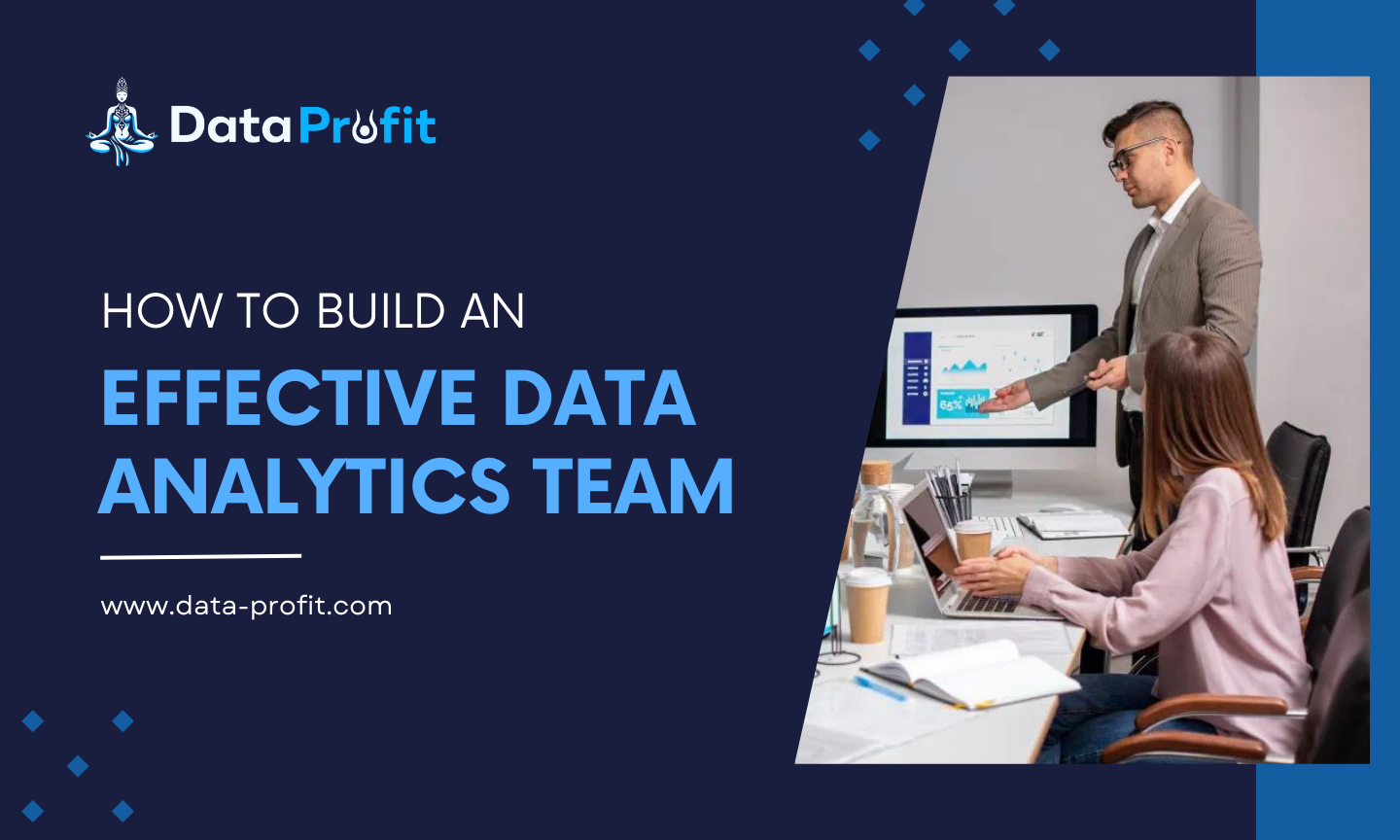Personalized Weight & Health Prediction
Introduction
Data Profit recently worked with a MedTech client who sought to empower women to manage their health effectively.
The client focused on various aspects, including nutrition regulation, weight monitoring, menstrual cycle regularity, and understanding correlations between different factors and weight trends.
To achieve this, we proposed two websites that would utilize daily and weekly data to provide users with convenience and versatility in tracking their health metrics.
Client Objectives & Requirements
The client's primary objective was to provide users with comprehensive insights into their current health status and potential future well-being. The websites we developed required users to input their data, which would then be used to predict and estimate future weight trends based on factors such as stress levels, sleep duration, calorie intake, and physical activity.
Current State Analysis
Our analysis revealed that existing tools offered nutrition tracking and weight monitoring features. However, these tools suffered from inconsistent data input and inaccuracies in prediction models due to limited or insufficient data. Additionally, we identified other barriers, such as a lack of personalized recommendations and concerns regarding data privacy and security. To address these challenges, we focused on identifying potential data sources and exploring quality datasets, AI libraries, and frameworks that would enable continuous improvement.
Proposed AI Solution
Our proposal was designed to accommodate the necessary features required for effectively calculating health trends. The solution comprised two websites: one for daily data and another for weekly data. We utilized machine learning algorithms, such as ARIMA for time series analysis and correlation analysis for feature selection to provide accurate predictions and insights into women's health.
Data Strategy
To establish proof of concept, we explored the client's dataset. Users were required to input data into the client's health-tracking application. The application considered a range of suggested attributes, including menstrual cycle data, water intake, calorie intake, sleep patterns, stress levels, and emotional well-being. We determined the ranges for these attributes experimentally to normalize input data effectively.
Model Development & Training
Using user-specified data and other reliable features, we trained machine learning algorithms, including ARIMA for weekly weight prediction. Feature selection was performed using Pearson's correlation and variance inflation factor analysis. We conducted rigorous validation and testing to enhance model accuracy, including Mean Absolute Error and Root Mean Squared Error calculations.
Integration With Existing Systems
Integrating our solution with the client's existing framework was a priority, ensuring compatibility and interoperability. We utilized standard conventions and APIs to facilitate smooth data exchange between the Women Health Websites and other systems. Comprehensive documentation and training were provided to ensure seamless adoption and utilization of the integrated solution within the client's environment.
Performance Metrics
Testing & Quality Assurance
We employed rigorous testing methodologies to validate the functionality and performance of the AI-driven websites across various scenarios. This included testing the prediction models against historical data to assess accuracy and reliability. Furthermore, we conducted thorough validation using techniques such as RMSE to verify the robustness of the machine-learning algorithms. Additionally, we performed ARIMA for weekly weight prediction and correlation analysis for feature selection.
Training & Knowledge Transfer
We conducted comprehensive training sessions to ensure the client's personnel were well-equipped to utilize the Women Health Websites. These sessions covered topics such as data input, interpretation of predictive insights, and utilization of various tools and functionalities available on the websites.
We also provided detailed documentation to support ongoing learning and reference. This documentation included user manuals, FAQs, and tutorials covering different aspects of the application, such as data input guidelines, interpretation of results, and troubleshooting common issues.
Deployment & Scaling
During the deployment and scaling phase of the application, we carefully integrated the AI components into the existing infrastructure. Compatibility tests were conducted to ensure seamless data exchange between the application and other systems. We employed unit testing, integration testing, and regression testing to validate the functionality of individual modules and their interactions within the application.
Load testing assessed the application's performance under simulated user loads, while scalability tests evaluated the application's ability to handle increased data volumes and user demands over time. We implemented continuous post-deployment monitoring mechanisms to track system performance and identify anomalies.
The application was deployed incrementally, starting with a controlled environment and gradually expanding to broader user populations. By following these testing methods and deployment strategies, we successfully deployed and scaled the personalized weight and health prediction application to meet its user's evolving needs.
Cost-Benefit Analysis
The Women Health Websites enable cost savings by reducing the need for round-the-clock dieticians and streamlining their workflow. This allows our clients to serve more customers effectively, increasing efficiency and profitability.
Conclusion
The Women Health Websites, developed using AI methodologies, serve as a comprehensive platform for women to track their health data, mainly focusing on weight and menstrual cycle trends. The solution demonstrates a deep understanding of predictive analytics techniques through custom AI models and correlation analysis. By empowering women to make informed decisions about their health and well-being, this innovative solution has the potential to revolutionize the way women approach and manage their health.
Personalized Weight & Health Prediction
From Our Blog
Stay updated with what's new in our industry, and learn more about upcoming products and events.

Centralized Data Storage System: How Your Business Can Benefit?

How to Build an Effective Data Analytics Team | Data Profit

Choosing the Right Tech Stack for Your Project - Data Profit
Subscribe
Discover insightful articles, helpful tips, and exclusive content. Subscribe to our blog and unlock a world of knowledge. Stay ahead of the curve and join our thriving community today!
